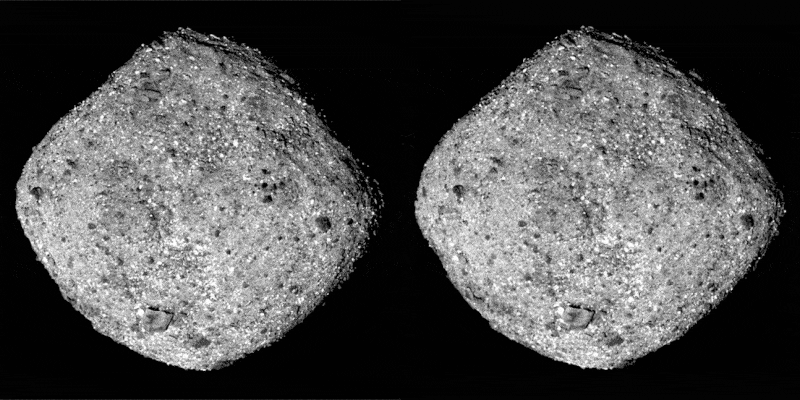A government-funded study from China says that by using 23 Long March 5 (CZ-5) rockets (the largest China has in its fleet), we could break up rocky objects in our solar system and save the Earth from potentially catastrophic asteroids. The country wants to put the hypothesis to the test.

Asteroids come in many shapes and sizes. Many are as small as pebbles, while others are kilometers or even hundreds of kilometers across. A kilometer-wide asteroid strikes the Earth on average once every 600,000 years, and would have global consequences, but even a 500-meter asteroid, which hits the Earth once every 10,000 years, can easily kill millions.
If there’s anything we’ve learned from science fiction, it’s that having an insurance policy against such an asteroid could come in handy. At China’s National Space Science Center, researchers simulated just that.
The researchers analyzed how Long March rockets could help deflect such an asteroid on a course for our planet. They found that 23 such rockets hitting simultaneously could deflect a large asteroid from its original path by a distance of 1.4 times the Earth’s radius — more than enough to avoid catastrophic damage.
The technology is at our doorstep “[It is] possible to defend against large asteroids with a nuclear-free technique within 10 years,” said author Li Mingtao and colleagues in a June paper published in Icarus
According to Reuters, China would also test the idea by turning away a sizable asteroid, although details on this are still scarce at this point.
China is far from the only country looking at this type of technology. In less than two years’ time, NASA will also look at asteroid-deflecting technology. The space agency will launch a robotic spacecraft to intercept two small asteroids relatively close to the Earth and see how much their trajectory changes. This will be humanity’s first attempt at deflecting the course of a celestial body.
However, while it’s encouraging that several countries are working on asteroid-deflecting programs, whether or not space powers would collaborate in a potential doomsday scenario is anyone’s guess.
“The problem is, when the doomsday threat comes, politics may override science and lots of time may be wasted on debates to decide which country should take the lead,” said an unnamed space researcher at Beijing’s Tsinghua University for SMCP. The researcher did not want to be named because of the sensitivity of the issue.
China’s CZ-5 rockets are also a bit concerning. Due to their size, their descent back onto the Earth can become quite hazardous and difficult. In May, one such rocket crashed traveling at thousands of miles an hour. While the debris didn’t hit any human settlement, it showcased that China needs to up its game as a responsible space power.
Was this helpful?



